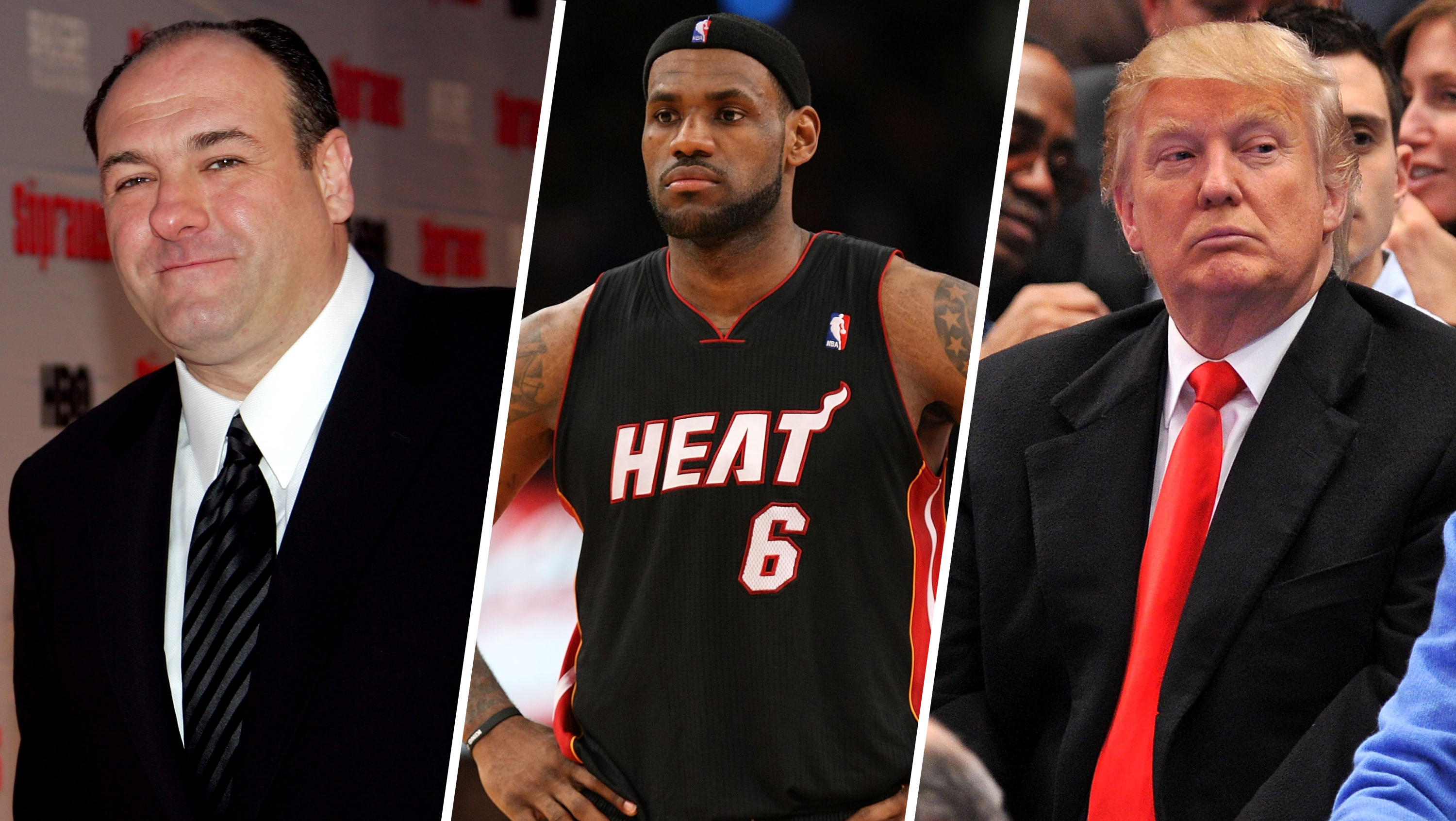Mayor de Blasio and the City Council agreed Thursday on a $75 billion budget proposal that adheres to a liberal view of government involvement to improve the lives of the less fortunate.
De Blasio, just shy of completing his first six months in office, became the first Democrat in nearly 20 years to capture City Hall with a campaign based on a pledge to combat the growing income inequality in the nation's largest city. The deal struck with the council, led by Speaker Melissa Mark-Viverito, a Democrat and mayoral ally, avoids any city worker layoffs or tax hikes and increases spending to schools and social services but does not include the council recommendation to hire 1,000 new police officers. It includes measures to provide free lunches for all public middle school students, whether they are rich or poor.
De Blasio's first budget, which benefits from growing city tax revenues, devotes more funding to education, helping fulfill a signature campaign promise. Though his idea to fund universal prekindergarten with a tax hike on the rich died in Albany, the state government stepped in with $300 million for pre-K. However, it gave little for after-school programs, also a de Blasio priority. The budget now allocates additional spending to expand such programs for nearly 100,000 children.
De Blasio said the budget deal was one of the earliest in recent history, a result of "the productive dynamic" he and the City Council have developed.
"A budget agreement is where rhetoric meets the road — and we've delivered a fiscally responsible, progressive, and honest budget that will have an enormous impact on New Yorkers across the five boroughs, while protecting our city's fiscal health," he said in an emailed statement.
The new budget, for the fiscal year beginning July 1, contains spending increases for infrastructure and road repair after a brutal winter that wreaked havoc on the city's roadways. The city also will spend more money on a series of steps, from speed cameras to speed bumps, aimed at reducing the number of pedestrian deaths. And more resources are being devoted to the city's public housing system, particularly to improve security after a recent crime spike.
Despite those public safety concerns, the budget does not include the council's proposal to hire 1,000 new police officers. De Blasio has said he believes that the current NYPD headcount of 35,000 officers is adequate to keep crime low. However, 200 officers are being shifted from desk jobs and will now be deployed on the street and in public housing.
Local
The budget deal also includes funding for a new contract for the teachers union. The de Blasio administration has said it believes that deal, which includes small raises and back pay, will serve as a template for ongoing negotiations with the nearly 150 other municipal labor unions working on expired contracts. Some unions have balked at the plan, casting uncertainty on some of the administration's rosy fiscal projections.
The teachers' contract also includes a provision to create $1 billion in health care savings, which allowed the administration to spend more money elsewhere.
The tentative deal increases spending about 6 percent over independent Mayor Bloomberg's final budget, which was hammered out last year. But the process contained little of the acrimonious budget dance that came to define negotiations in Bloomberg's final years in office.
To close budget gaps, Bloomberg would propose cutting services, such as closing fire companies or libraries, which would lead to heated protests on the City Hall steps and in council chambers. But this year, with increased revenue and a strong relationship between de Blasio and the liberal leaders atop the council, there were few areas of disagreement.
The full council has to vote on the deal by the end of this month.



